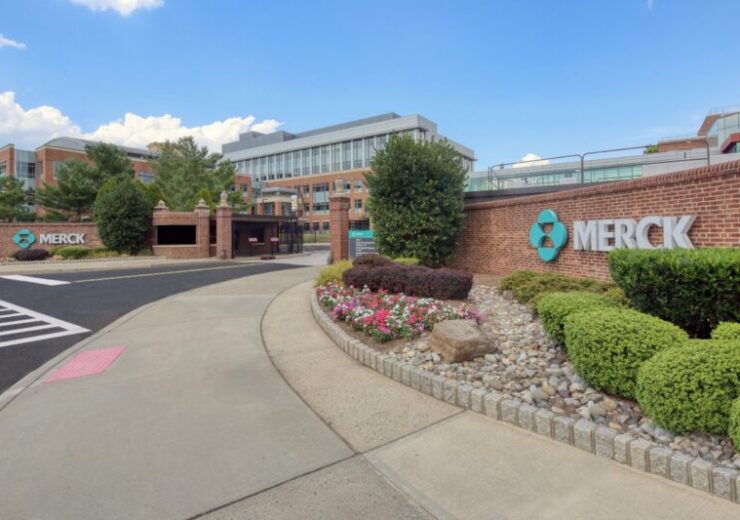The acquisition will grant Merck access to Harpoon’s two immunotherapies in early-stage development, one for a type of lung cancer and the other for multiple myeloma

Merck’s US headquarters in Rahway, New Jersey. (Credit: Merck & Co., Inc., Rahway, NJ, USA and its affiliates)
Merck, known as MSD outside of the US and Canada, has agreed to acquire cancer drug developer Harpoon Therapeutics for an approximate total equity value of $680m.
Under the terms of the agreement, Merck, via a subsidiary, will buy all outstanding shares of Harpoon for a price per share of $23.00 in cash.
The acquisition, which also includes Harpoon’s immunotherapies, is expected to diversify the American drugmaker’s oncology pipeline.
Merck Research Laboratories president Dean Li said: “At Merck, we continue to enhance our oncology pipeline through strategic acquisitions that complement our current portfolio and advance breakthrough science to help address the needs of people with cancer worldwide.”
Harpoon has created a portfolio of T-cell engagers using its patented Tri-specific T cell Activating Construct (TriTAC) platform and ProTriTAC platform.
The company’s lead candidate, HPN328, is a T-cell engager that targets delta-like ligand 3 (DLL3), an inhibitory canonical Notch ligand that is highly expressed in neuroendocrine tumours and small cell lung cancer (SCLC).
The asset is currently in a Phase 1/2 clinical trial to assess its safety, tolerability, and pharmacokinetics in patients with advanced malignancies linked to DLL3 expression. The study is also studying HPN328 in combination with atezolizumab in patients with SCLC.
Harpoon said in October 2023 that positive preliminary tolerance and response results for HPN328 had been shown in a subset of patients with neuroendocrine tumours and SCLC.
Other pipeline candidates include HPN601, which is a conditionally activated targeting epithelial cell adhesion molecule (EpCAM) for the treatment of certain patients with EpCAM expressing tumours.
The pipeline also consists of HPN217, which targets B-cell maturation antigen (BCMA). This candidate is presently in Phase 1 clinical development for the treatment of patients with relapsed/refractory multiple myeloma.
Harpoon Therapeutics president and CEO Julie Eastland said: “At Harpoon, we have always been committed to advancing our cancer immunotherapy candidates to improve the lives of patients.
“With Merck’s recognised leadership in oncology clinical development and global commercial footprint, our lead candidate, HPN328, is well positioned moving forward.”
The transaction is expected to conclude in the first half of 2024, subject to regulatory and other customary conditions.
